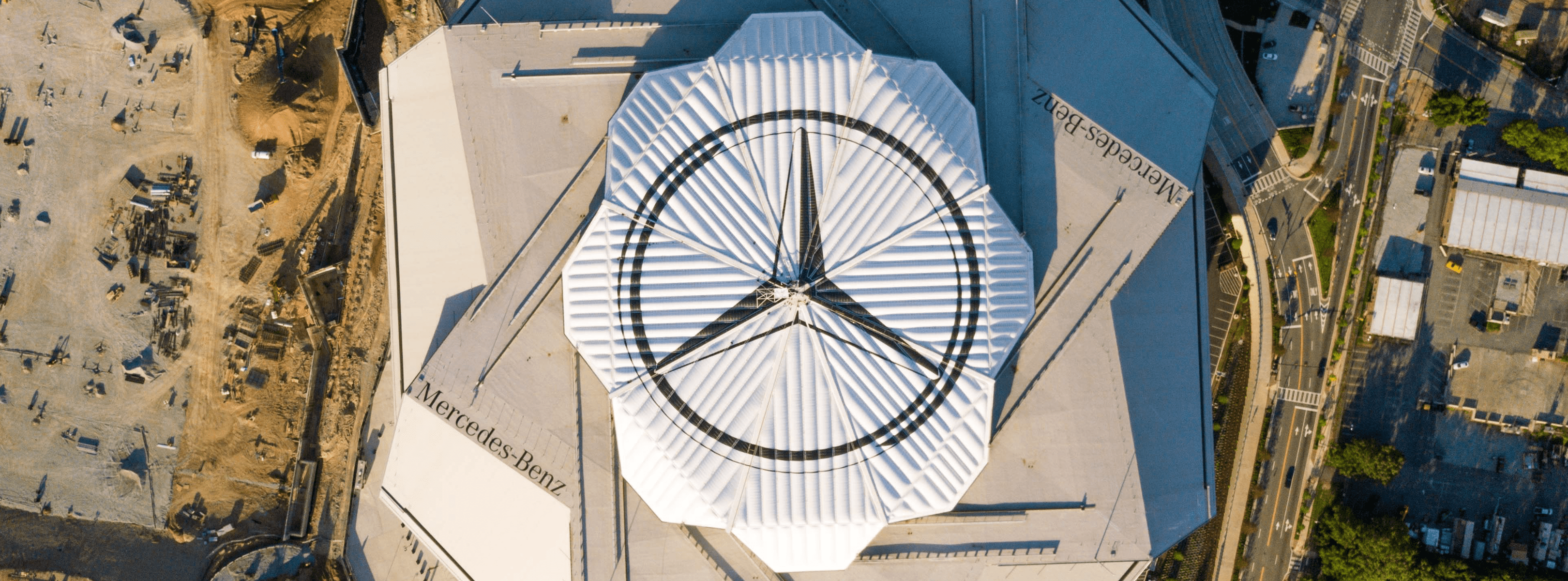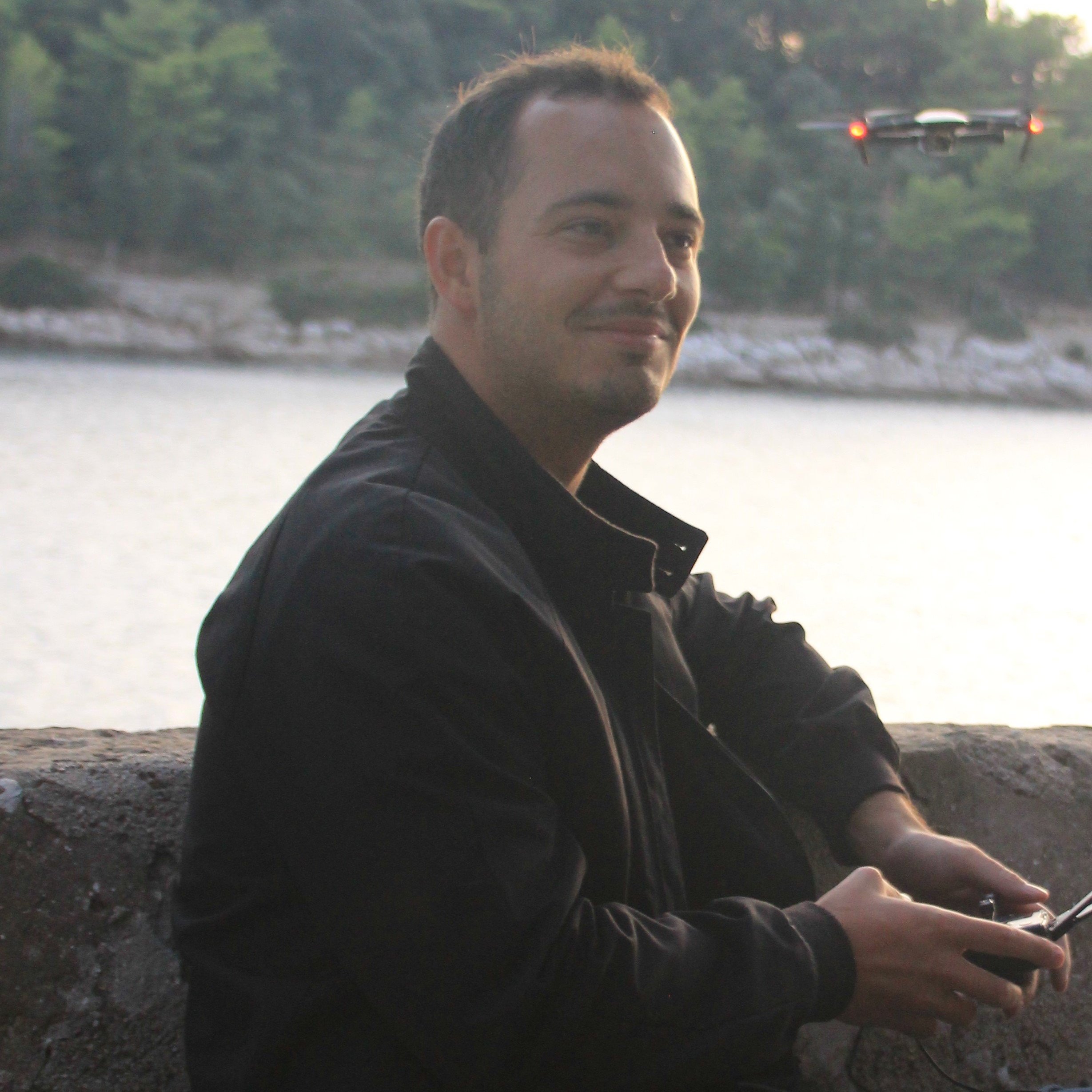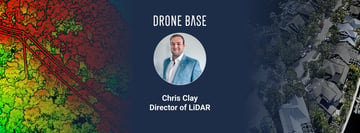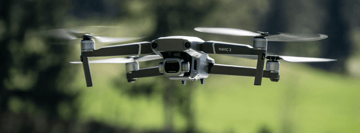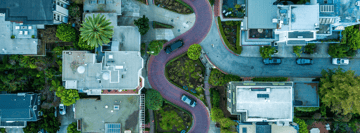The COVID-19 pandemic has impacted almost every aspect of our lives. Many of us are working from home for the foreseeable future and unable to do the everyday things we used to take for granted.
Among the countless industries affected has been sport. Both the NBA and the NFL have been playing games behind closed doors or with limited numbers of spectators. Across Europe, major soccer leagues are underway without fans in stadiums and even the Tokyo Olympics has been pushed back a year to 2021.
Drones Improving the Decontamination Process
Reintroducing fans is a complicated business. Some sports organizations, including teams in the NFL and the Bundesliga, Germany’s top soccer league, have started to reopen stadiums to limited numbers of spectators.
The challenge then becomes how best to secure these venues and make sure they don’t become COVID-19 hotspots. After all, even with a fraction of a stadium’s capacity being taken up by fans, there’s still going to be several thousand people present.
A key part of ensuring arenas are safe is decontamination before and after the event. An American football team the Atlanta Falcons looks set to become the first professional sports organization to use drones as part of that process.
After the team's October 11 game against the Carolina Panthers, the 71,000-seat Mercedes Benz stadium will be sanitized with the help of drone technology. Two drones equipped with electrostatic spraying nozzles will distribute medical-grade disinfectant chemicals onto the seating bowl, handrails, and glass partitions at the stadium. The chemical includes an inhibitor that prevents harmful bacteria and virus from sticking to surfaces.
According to a statement from the Mercedes Benz stadium, the use of drones leads to a 95% reduction in time spent cleaning the seating bowl. Their use will also mean staff can be redeployed to other areas of the stadium, with the result being fourteen times more efficient than when using manual disinfectant methods.
Jackie Poulakos, the Atlanta Falcons’ manager of building operations, explains how drones are enabling her team to work faster and smarter. “This stadium is incredibly large and as we begin to slowly welcome fans back, these drones allow us to maximize the time between games and private events to thoroughly sanitize,” she said.
“We are always challenged by leadership to continually innovate and this new technology is the ideal solution to effectively disinfect and sanitize our stadium in an efficient manner.”
Maintaining Safe Operations with Drone Technology
For many reasons, drone technology has become a go-to solution during the pandemic, both for data collection and for more active tasks like the decontamination efforts outlined above.
Back in April, we highlighted how using drones can keep inspection businesses running while reducing risk across the board. The ability to gather information from a distance has always been an attractive safety feature of drone technology - but traditionally it’s been heights, fires, and chemicals that need to be avoided, rather than potentially infected colleagues.
All of which goes to show the benefits and potential impact of aerial solutions during a crisis, from contactless data-gathering to the speedy deployment of decontamination efforts.
For more information on how your company can utilize drones during these challenging times, take a look at this article by DroneBase CEO Dan Burton.

